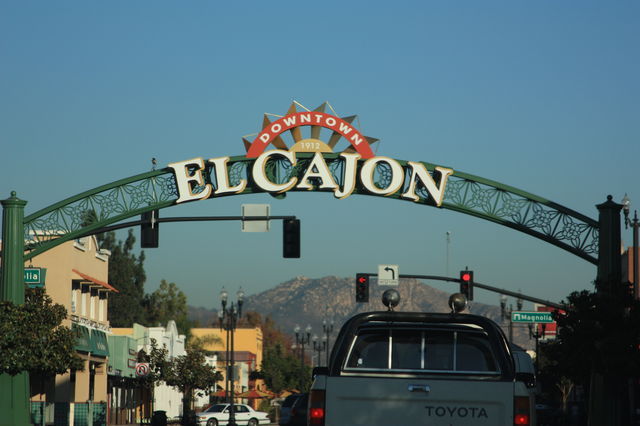City of El Cajon Charges Group for Feeding Homeless in Park
Last October, the city of El Cajon banned food sharing events in public spaces. The city justifies the ban on the basis that it prevents the spread of Hepatitis A. An outbreak of Hepatitis A began in November 2016. Since the beginning of 2018, 577 cases of Hepatitis A have been reported. Symptoms include nausea, fever, fatigue, loss of appetite, stomach pain, vomiting, yellowing of the eyes, dark urine, and diarrhea. There have been 20 fatalities so far.
A group called Break the Ban has been holding food sharing events to feed the homeless at these parks in protest of the ban. They have held four such gatherings so far. Organizers claim that each gathering has drawn more people in need. The group believes that the ban’s actual purpose is to prevent homeless people from coming to the parks, since the ban excludes birthday parties, sporting events, and other social gatherings.
Nevertheless, the city has chosen to crack down on the activists. Police have cited nine people on misdemeanor charges for violating the food ban.
The city argues that the ban is necessary because Hepatitis A is usually transmitted by sharing food or having sex with an infected person. Break the Ban counters that Hepatitis A is being spread by human feces and refusal to wash hands after using the restroom.
At first glance, Break the Ban has a decent equal protection claim against the city. Although the city has a reasonable purpose in passing the food ban, the law doesn’t seem like it’s designed to actually address the problem. If preventing the spread of Hepatitis A through food is really the goal, it makes no sense for the city to exempt sports events and birthday parties. Hepatitis A can just as easily spread by giving food to sports players and little children as giving food to homeless people.
 Equal Protection Not Applied Equally
Equal Protection Not Applied Equally
However, Break the Ban would likely lose any lawsuit against the city if they sued for violation of equal protection. Courts give greater protection if the law discriminates based on certain characteristics, such as race or national origin. Laws that discriminate based on race must serve a compelling state interest and the means must narrowly fit that interest. For example, a law that requires all persons of a certain race to wear a badge would likely fail because there is no good purpose that such a law would serve.
The problem Break the Ban has is that being homeless is not a trait that courts give greater protection to. Instead of strict scrutiny, courts will defer to the government as long as the legislature can provide a genuine reason for passing such a law. In this instance, a judge would most likely look at the food ban as a reasonable method of preventing Hepatitis A since infection rates have dropped since the ban was passed.
What Will Happen, Going Forward?
This is not the first case where activists accused city and state governments of banning people from feeding the homeless. Three years ago, Arnold Abbott was arrested for violating a Lauderdale Beach City, Florida ordinance prohibiting the feeding of homeless people. The city dropped its charges last year after the negative publicity became too much.
In fact, it’s the negative publicity which often causes cities to dress up their anti-homeless laws in pretext. Pretext is a false reason given for adverse laws that cover up the government’s true motives. In cases involving protected traits, courts are vigilante against pretext. However, since anti-homeless laws would likely survive a lawsuit even if cities were completely honest about their intent to expel homeless people from city limits, the pretext is not for the courts’ benefit. Pretext such as city health is for public consumption.


Comments